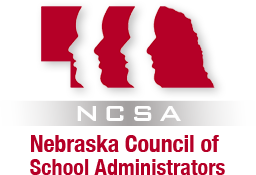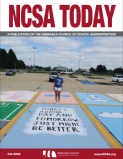Dr. Carol Beaty
The purpose of this study was to determine the effectiveness of five selected strategies for using teacher self-evaluation as an administrative tool to improve instruction in the elementary school as perceived by elementary teachers and principals. The study examined the use of teacher self-evaluation to improve instruction in Nebraska Class III school districts. It also examined the perceptions of 103 elementary school principals and 309 elementary school teachers regarding the effectiveness of five self-evaluation strategies in the improvement of instruction. A survey instrument made up of Likert-type items was used in the study. The findings of the study indicate that self-evaluation is being used in Nebraska to improve instruction. All five self-evaluation strategies were considered 'somewhat effective' in the improvement of instruction by principals and teachers. Self-evaluation which includes the setting of goals for improvement by teachers and monitoring of progress toward those goals is considered as more effective in improving all areas of teaching than other self-evaluation strategies. Findings also indicate that teachers and principals who have experience with a self-evaluation strategy perceive it as more effective than teachers and principals who do not have such experience. Recommendations were made to administrators regarding the use of self-evaluation to improve instruction. All five strategies (goal setting, growth contracting, self-observation, self-rating, self-ranking) were recommended for use in elementary schools. Administrators should be directly involved in the self-evaluation process. Self-evaluation strategies should be used along with other evaluation strategies. Administrators should be cognizant of the importance of teacher motivation in the achievement of instructional improvement.
























